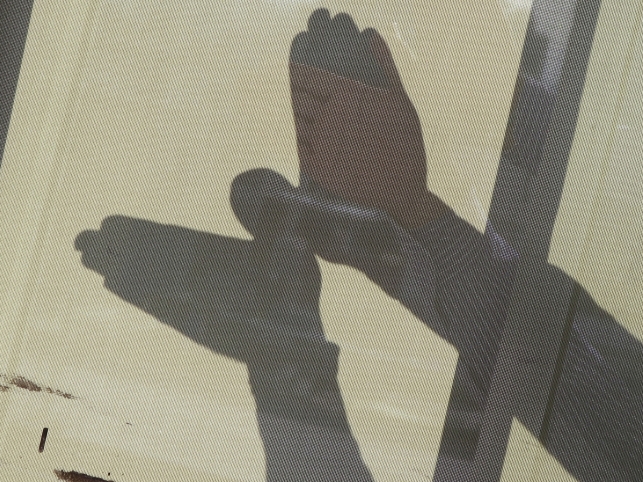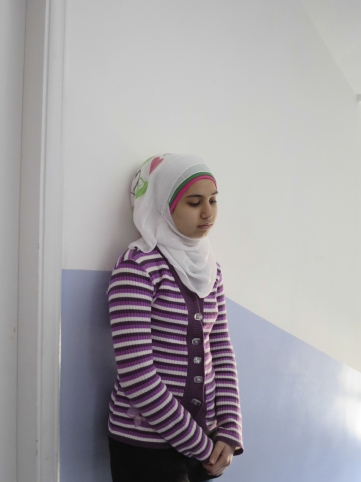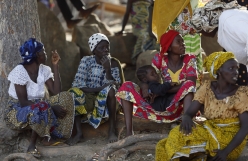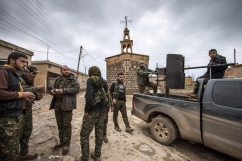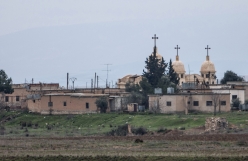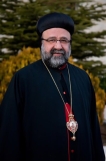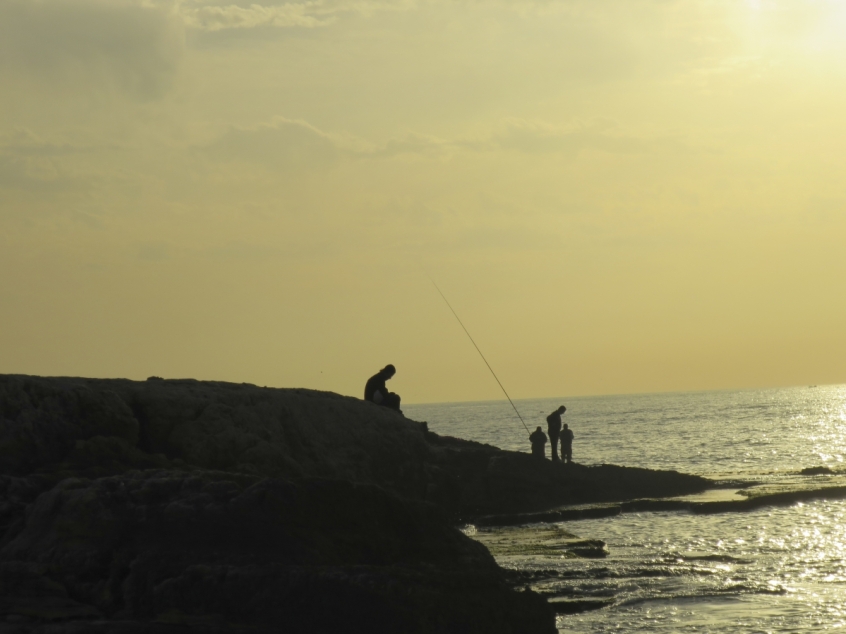
As the humanitarian crisis in Syria enters its fifth year, nearly four million people have fled to neighbouring countries, half of them children. Tabitha Ross has been working with refugee children in Lebanon, using photography classes to help them express their emotions and adjust to new surroundings.

Fourteen-year-old Stephanie impressed me from the start with her intelligence, cheerfulness and sparky smile. Her online profile on the blog publishing network Medium, says she loves life and wants to be famous; as well as a writer, actress, journalist and photographer.
Stephanie is part of a Christian Aid project I am running in Lebanon – Beirut Friends: Our life in Photos; giving cameras, photography training and mentoring to young Syrian refugee children. The aim is to help young people, whose childhoods have been disrupted by war, to express their feelings, discuss their often traumatic experiences and build confidence in themselves and their new surroundings.
Of course I knew that as Stephanie was from Syria she had probably seen more in her short life than I could possibly imagine. But even so, I was surprised and deeply moved by her story as we talked together about the pictures she was taking.
From a remote farming community in rural Syria, an area that was heavily bombed, Stephanie spent her last year there sleeping in a cave (a makeshift bomb shelter) dug out by her father and brother. Her mother nearly died giving birth to her baby sister, appropriately named Peace, and soldiers outside the hospital had to give blood to save her life. She escaped with her family to Lebanon nine months ago and now lives in the capital Beirut.
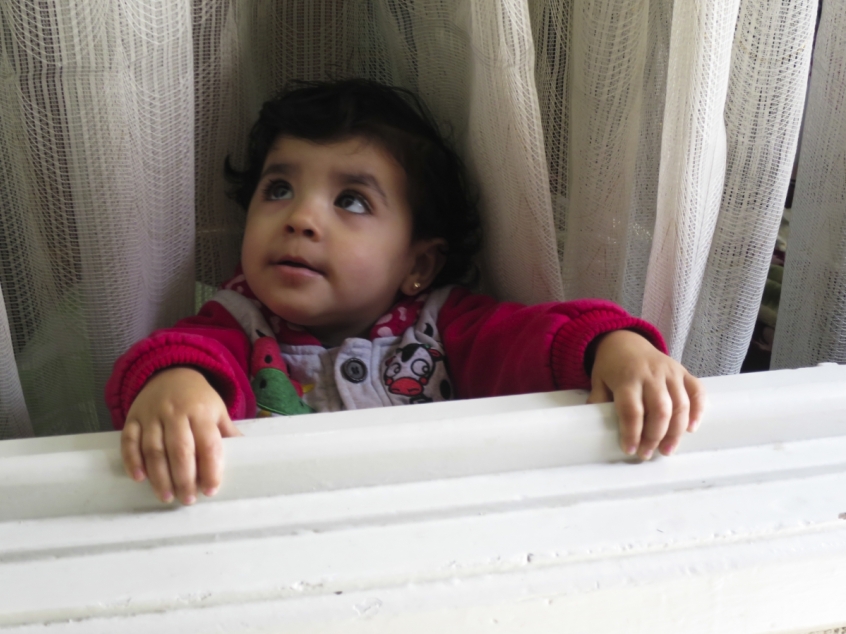
Not surprisingly Peace, and the story of her birth, has dominated Stephanie's photography work. She explains, while showing me loving pictures of the two year old, how Peace is known at home as a 'miracle' baby, because "it was a miracle her mother made it back to life". She tells me how her baby sister has just begun to talk and how whenever she says anything "people fall in love with her".
Sometimes Stephanie laughs while talking about the pictures. Sometimes she cries. But that's alright. It's all part of the process. And there is always a counsellor on hand to help the children through difficult moments.
The photography project is part of a larger programme of 'psycho-social support provided by Christian Aid's partner, Mouvement Social. The organisation uses a number of techniques drawn from art and drama therapy, as well as counselling, to help young people (including disadvantaged Lebanese youth) overcome personal issues and build relationships with others.
With little access to formal education, it is one of the few places that Syrian refugee children in Beirut can turn to for support. And the kids here love to take photos, particularly of each other. After all, who doesn't remember the joy of pressing a button and seeing yourself and your friends frozen forever in that moment?
Each workshop has a theme. A lesson on portraiture for example, is followed by the homework to 'take pictures of people you love'.
As well as giving encouragement on their photography practice we also talk about the people featured in their photos. In this case, each child makes a collage, placing themselves at the centre but surrounded by the images of those they love, or pictures they've drawn of those left behind. This reminds them they have a support network and that displacement can't break the bonds they have with family still in Syria.
What this project has made me realise is just how vital this work is. There are many thousands of children who have fled Syria who are not receiving any kind of psycho-social support, who are not given the opportunity to talk about their experiences, and I wonder how that will impact them as they grow into adults. I don't know how I would cope if I'd have gone through a similar experience.
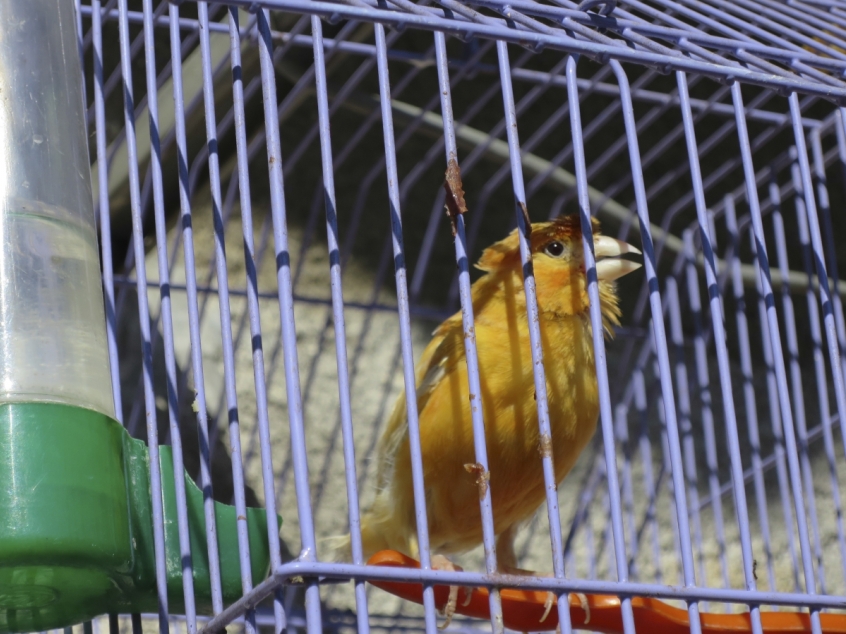
When I first started working on this project in January, I assumed they would take lots of images of things that reminded them of Syria, or images that defined them as refugees or disadvantaged Lebanese children. But what's surprised me is that they mostly take amazing pictures of sunsets, the sea, and the city; of birds, flowers, food; of their teachers and family and friends.
Incredibly, these children are still able to see the beauty in life, despite what they have been through, or are going through now. It's not that they aren't aware of the difficulties of their situation, of what they have lost, but it's not what defines them, not in life nor when looking through the lens, and that I have found truly inspiring.
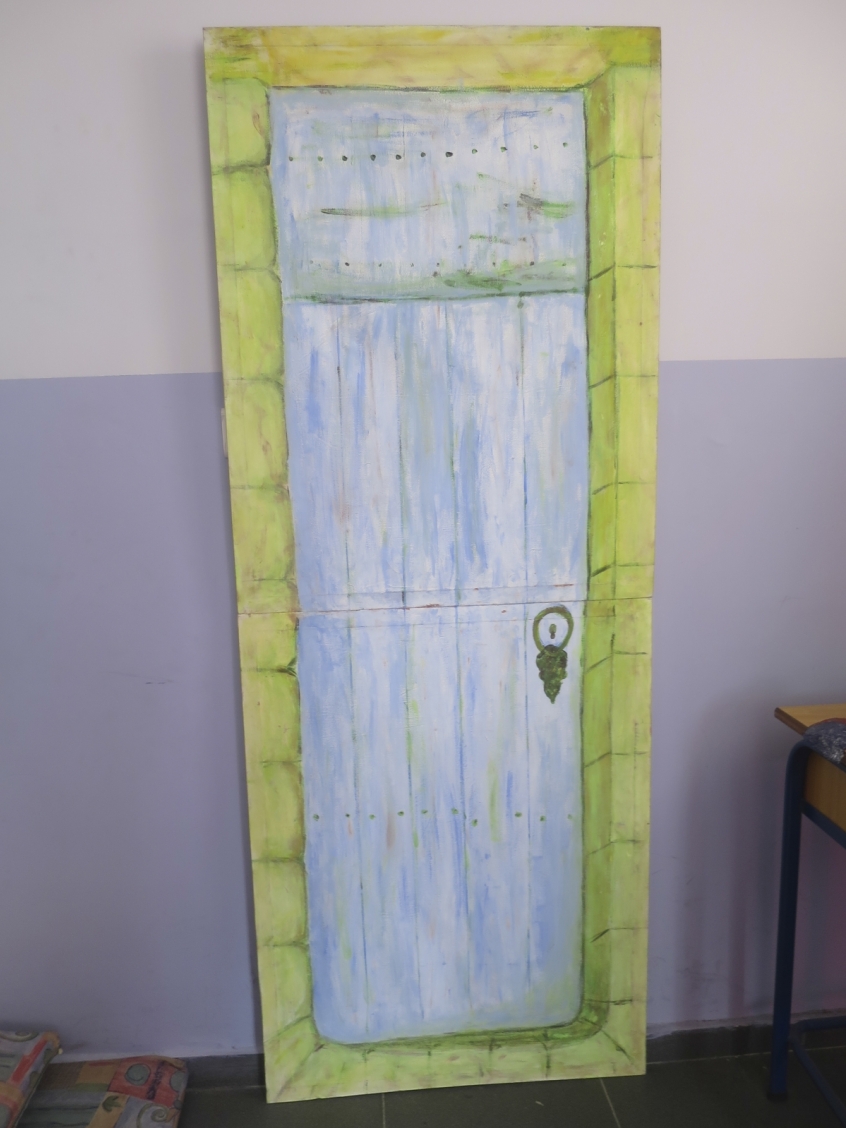
You can follow Stephanie and her friends on Medium. To donate to Christian Aid's Syria Crisis appeal click here. Please note – names have been changed to protect identities.
